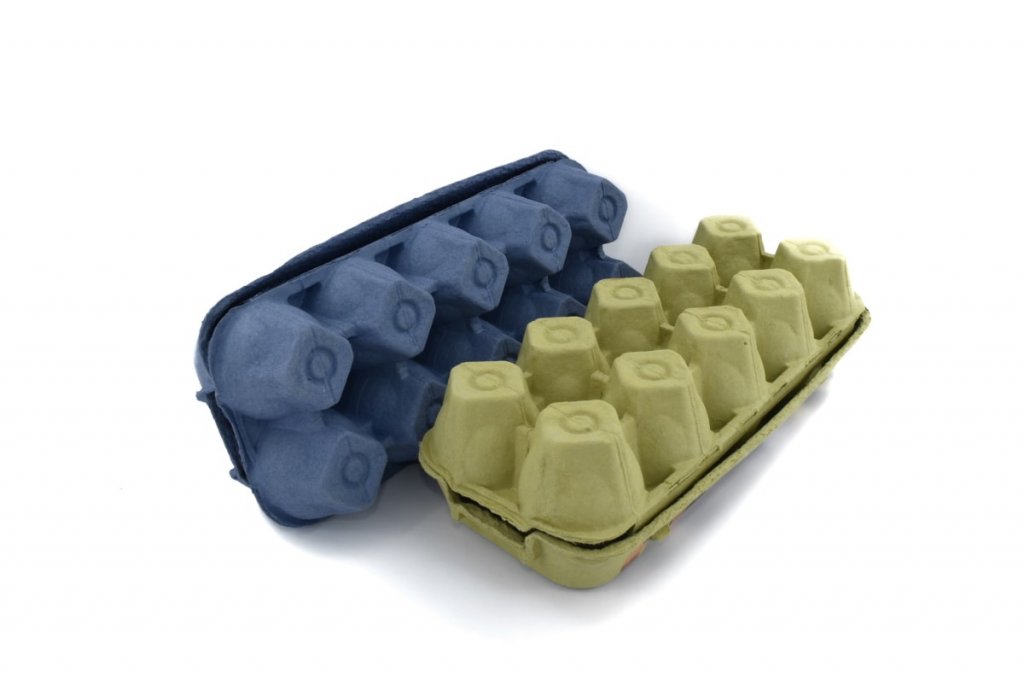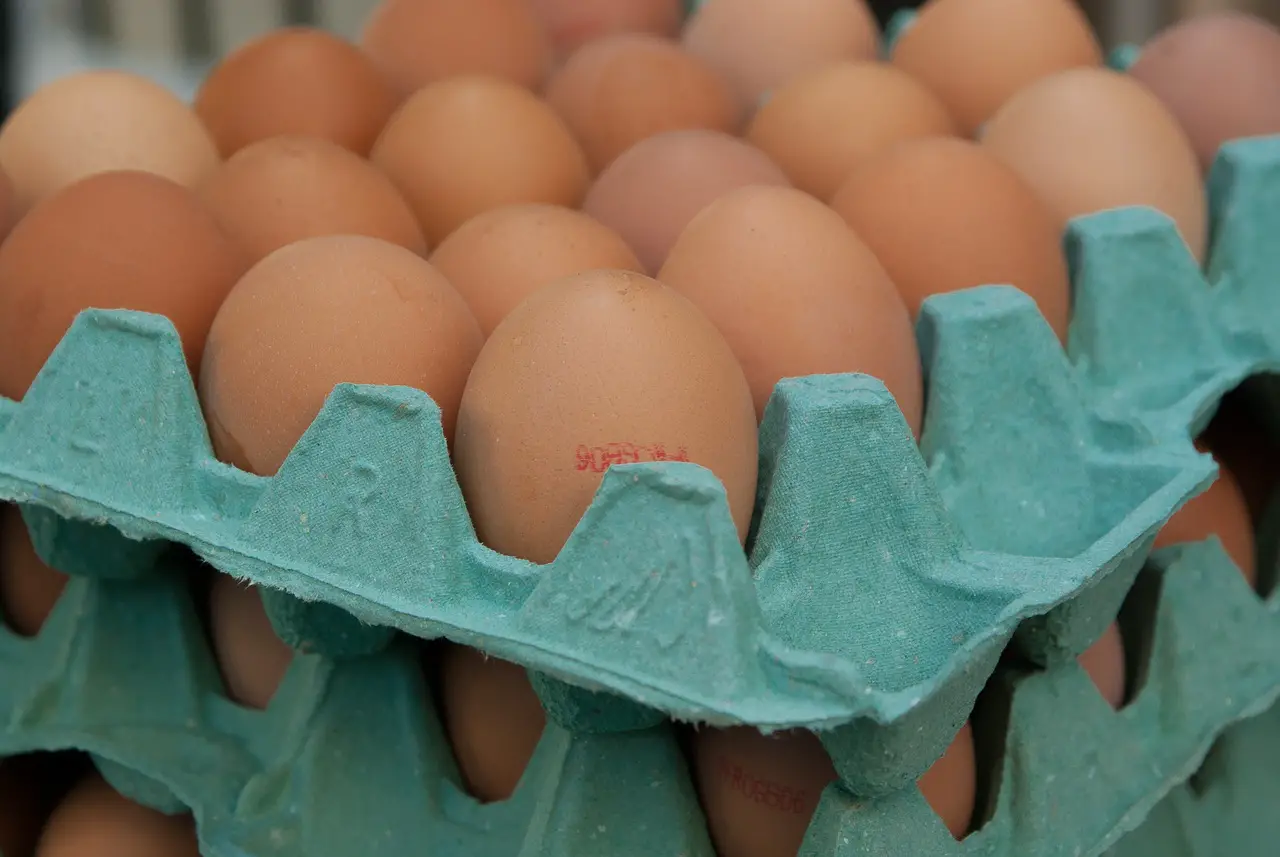Yes, you can compost egg cartons made of cardboard or paper. The cardboard cartons break down very quickly. Once thrown into a compost pile, cardboard egg cartons become the perfect carbon source and fertilizer for your garden.
Plastics and styrofoam are not environmentally friendly and hence not suitable for decomposing.
Table of Contents
What Type of Egg Cartons Can You Use for Composting?
There are three types of egg cartoons:
- cardboard
- plastic
- styrofoam
You can use cardboard egg cartons for composting because the material is eco-friendly and breaks down very fast. It is also a carbon source and balances the nitrogen-rich materials in your compost pile.
The cardboard or paper egg cartons also help with the decomposition process of other materials by allowing air pockets to move through and absorb and release enough moisture into the compost.
Sadly, plastic and styrofoam do not qualify for your compost pile as the material does not break down easily (it takes hundreds of years to decompose). Once these unsafe materials make their way into the compost and your garden, they affect your soil organisms.
The soil makes up a web of life through its food chain as it hosts a variety of small creatures such as worms, bacteria, and insects.
Unfortunately, plastic in the soil kills small organisms that significantly enhance soil fertility.
Do Egg Cartons Decompose in Soil?
Yes, egg cartons decompose easily in soil.
Surprisingly, many gardeners use cardboard egg cartons for germinating their seeds.
The excellent home gardening idea is economical (no need to purchase plating pots) and increases the germinating rate (most seeds do not sprout when planted directly into the soil).
Caution: Do not overwater your seedlings when using cardboard egg cartons for germination. Instead, put enough water to moisten the soil but ensure you do not soak the carton.
Remember, cardboard egg cartons decompose very fast and can disintegrate before the seeds germinate or before transplanting is done.
Alternatively, poke holes at the bottom of your egg carton to drain excess moisture.
How Long Does It Take for Egg Cartons to Decompose?
Cardboard egg cartons are biodegradable and decompose in about 2 to 4 weeks.
However, the following factors affect the rate at which the degradation process occurs.
- State of the cardboard. The process will be faster if the cardboard is closer to decomposing (old and exposed to moisture); also, shredded cardboard decomposes faster.
- Environment. The presence of other biodegradable materials, moisture, and heat fasten the decomposition process. However, the cartons do not break down under wetness or heat alone. There must exist a flourishing environment for quick decomposition.
- Type of cartons. Waxed, taped, or cardboards with a shiny finish do not break down easily due to the strong water resistance.

The Best Way to Compost Egg Cartons
The best way to compost your cardboard egg cartons is to:
- put them in a compost bin
- To fasten the process, shred and soak the cardboards in water for several days before transferring them into the pile. This step improves the compost structure and density
- Add nitrogen-rich materials to your compost pile, such as plant cuttings, grass clippings, coffee grounds, vegetables, and fruits. You can also throw in eggshells to add calcium
- Turn the compost pile every few days with a shovel to fasten the process
What Else Can You Do With Egg Cartons?
Apart from decomposing your egg carton or using it to germinate your seeds, recycling and reusing egg cartons are other viable options.
1. Recycle
Most cardboard egg cartons are recyclable. The ones that are will feature the recycling symbol.
However, when the cardboard is wet, contaminated, or soiled, composing them would be the best option.
Most recycling facilities also conduct plastic recycling. The plastics are washed, melted down, and reprocessed into other products.
Note that egg cartons made from styrofoam or polystyrene are easily degraded and contaminated, making them unfit for recycling.
Check with your grocery store, egg retailer, or supermarket if they have a take-back program. Most accept the egg cartons for reuse, composting, or safe disposal.
2. Reuse
Here are several crafty ways to reuse your egg cartons:
- As jewelry storage
- As storage for craft items such as beads and buttons
- As a paint palette
- As a bird feeder
- Replacement for packing peanuts
- As a fire starter
Cardboard egg cartons are 100% decomposable. They have high carbon levels that make excellent manure when mixed with nitrogen-rich materials.
Along with plastic cartons, cardboard egg cartons can be recycled into other products or remodeled into crafty items.
You can also be an environmental preservation hero by properly disposing of it.

